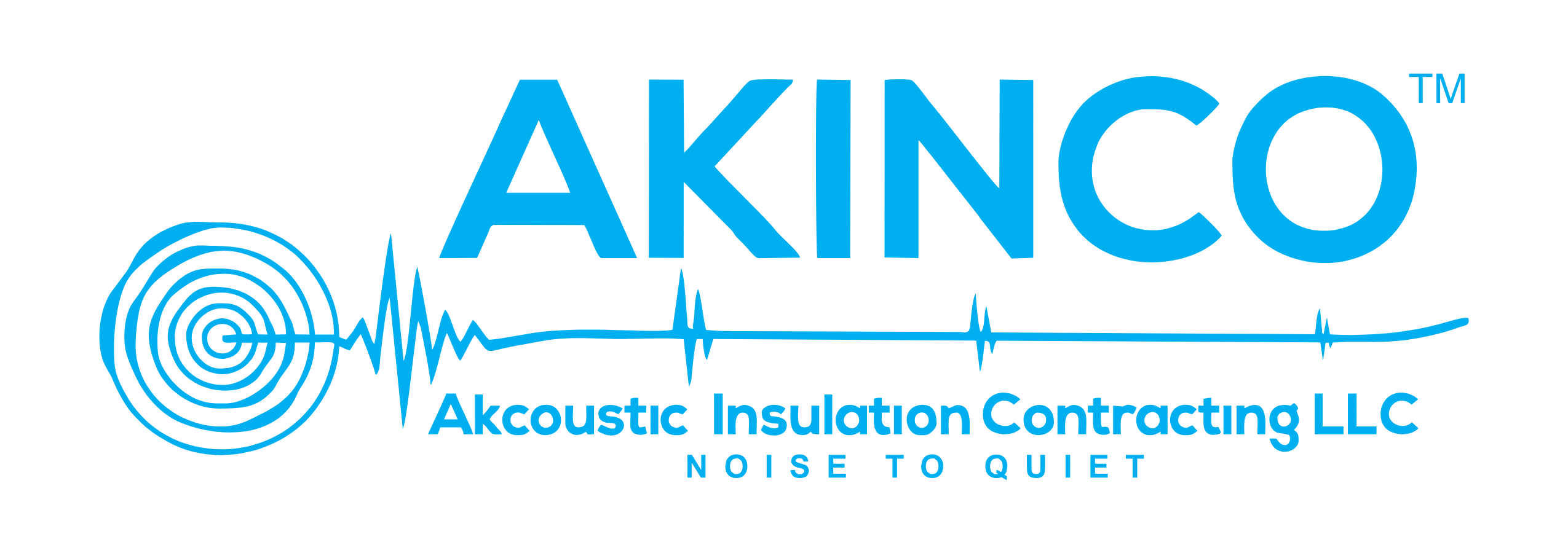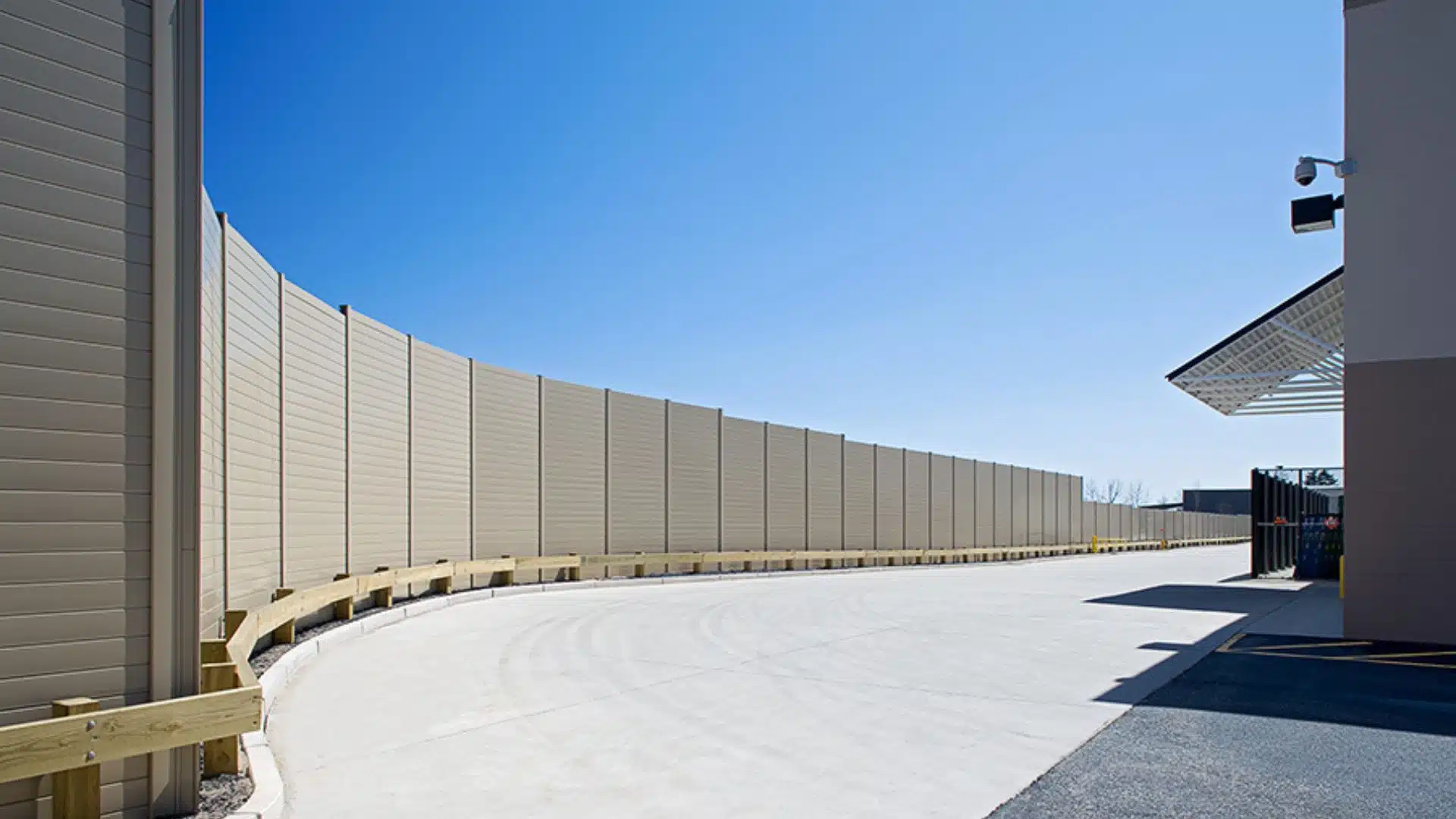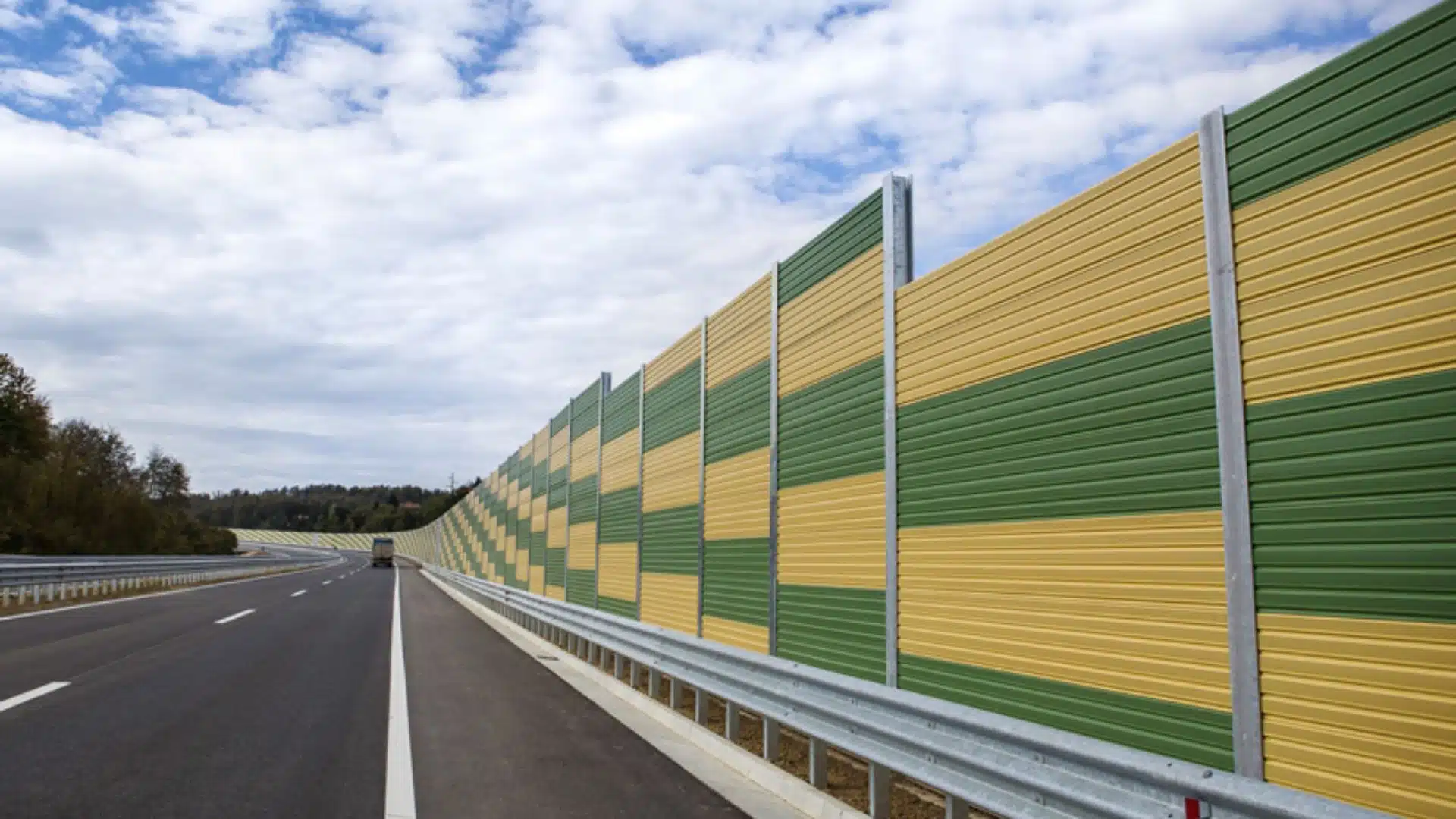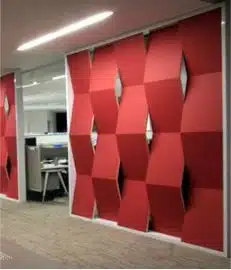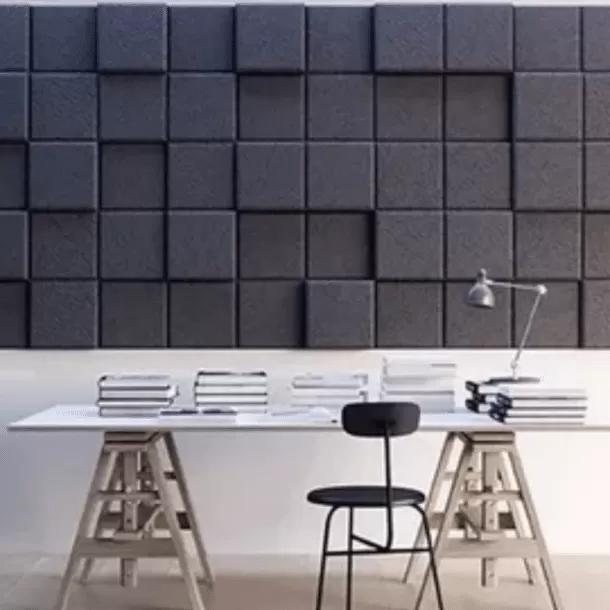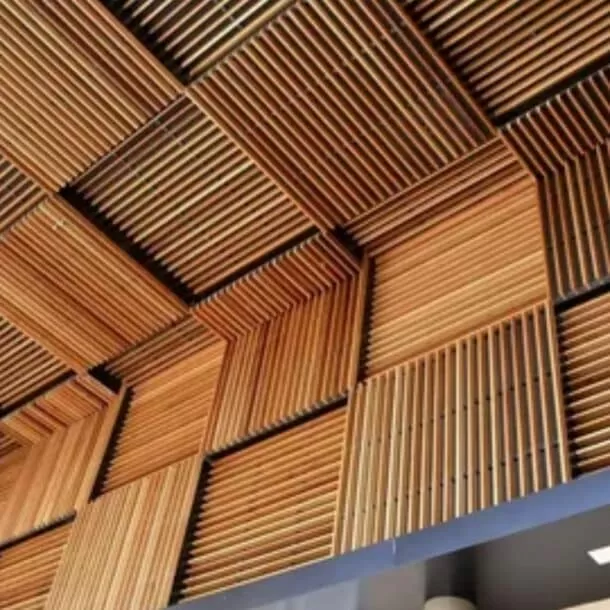
What Materials Are Best for Constructing Acoustic Barriers?
In environments where noise reduction is essential, Acoustic Barriers are invaluable. Designed to block and absorb sound, these barriers create quieter, more comfortable spaces across residential, commercial, and industrial settings. Choosing the suitable materials is critical to achieving optimal soundproofing performance, as each material offers unique properties that contribute to effective noise reduction. Here’s an in-depth look at some of the best materials for constructing acoustic barriers and how they help manage sound.
- Mass-Loaded Vinyl (MLV)
Mass-loaded vinyl is a dense, flexible material that effectively blocks sound transmission. Due to its high density and durability, MLV is commonly used in walls, ceilings, and floors where sound needs to be contained. It’s beneficial in offices, recording studios, and residential buildings where privacy and quiet are essential. Unlike rigid materials, MLV’s flexibility allows it to be molded and installed in tight spaces, adding a robust soundproofing layer without requiring much space. Additionally, its resistance to moisture and wear makes it a long-lasting choice for indoor and outdoor applications.
2.Concrete
Concrete is one of the most effective materials for blocking sound due to its density and mass. Often used in outdoor barriers along highways or around industrial sites, concrete effectively reduces traffic and machinery noise. Concrete can significantly minimize sound transmission when constructed as thick walls or barriers, providing a quiet environment even in noisy areas. Although concrete’s weight and permanence may limit its use in some projects, it’s ideal for creating sturdy and durable noise barriers that withstand harsh environmental conditions.
3.Acoustic Panels with Fiberglass Core
Fiberglass is a popular choice for sound absorption, as it effectively dampens sound waves and reduces reverberation. Acoustic panels with a fiberglass core are typically used in interior spaces like offices, theaters, and classrooms, where controlling sound reflections is necessary for a comfortable atmosphere. These panels can be added to walls and ceilings to absorb noise within a room, making them an excellent choice for noise control and aesthetic appeal. Fiberglass panels come in various finishes, allowing for seamless integration into different design themes.
4.Recycled Rubber
Recycled rubber is another versatile material that performs well as an acoustic barrier. With its high density and flexibility, rubber absorbs sound and vibrations, making it a practical choice for floors and walls in both residential and commercial spaces. Rubber barriers are also eco-friendly, as they utilize recycled materials, contributing to sustainable building practices. This material benefits gyms, studios, and multi-purpose rooms, where noise and vibrations must be minimized.
5.Wooden Barriers with Sound-Dampening Treatments
Wood can create practical acoustic barriers, especially when treated with sound-dampening layers or combined with other materials. Wooden barriers with soundproofing treatments, such as insulation or acoustic sealants, offer noise reduction and aesthetic appeal. These barriers are often used in outdoor applications, such as fencing for residential or commercial areas, to block external noise while maintaining a natural, visually appealing look. Treated wood barriers are also durable and provide excellent weather resistance.
6.Polycarbonate Panels
Polycarbonate panels are lightweight, durable, and commonly used for temporary or semi-permanent soundproofing needs. Though not as effective as materials like concrete or MLV, polycarbonate panels help create noise-reducing enclosures in industrial spaces or separating sections within a building. They are transparent, making them ideal for spaces where visibility and light transmission are necessary. Polycarbonate panels are also resistant to impact and weather, which makes them suitable for various environments.
Conclusion
Selecting the suitable materials for constructing an Acoustic Barriers depends on factors like the noise source, intended application, and environmental conditions. From mass-loaded vinyl to treated wood, each material offers unique benefits that contribute to a more comfortable, quieter environment. Akinco provides tailored noise control and soundproofing solutions across the MENA region. If you’re interested in our Soundproofing Services Dubai or have any inquiry related to our products and services, kindly connect with us by filling out the details on our website’s contact page and submit; we will contact you.

